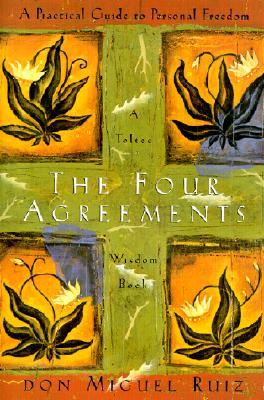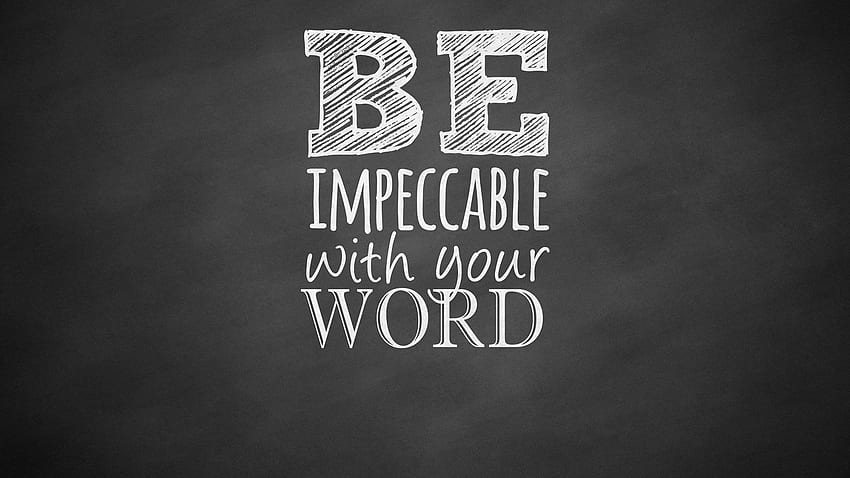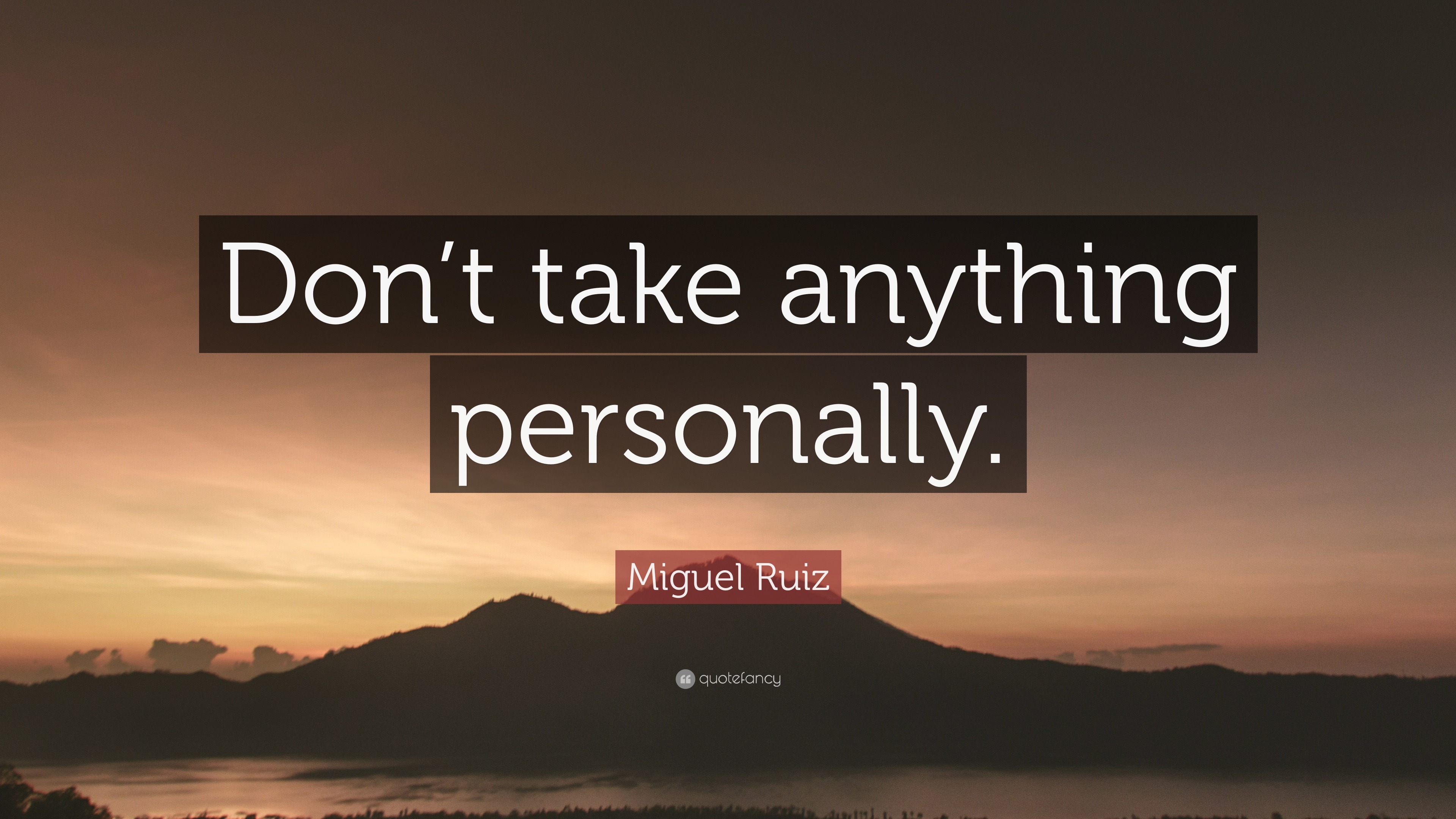Have you been searching for a clear and actionable the four agreements summary? You're not alone. Millions of people worldwide have discovered the transformative power of Don Miguel Ruiz's groundbreaking book, which has remained a bestseller for over two decades.
Don Miguel Ruiz presents ancient Toltec wisdom in a format that modern readers can easily understand and apply. His book offers a powerful code of conduct that can rapidly transform your life, leading to true personal freedom. The four agreements aren't just philosophical concepts—they're practical tools for breaking free from self-limiting beliefs and the mental suffering we create for ourselves.
This comprehensive guide will break down each of the four agreements in detail. You'll discover how these simple yet profound principles can help you escape the trap of negative thinking patterns. We'll explore practical ways to apply each agreement in your daily life, giving you the roadmap to achieve lasting personal freedom.
The Core Problem: How We Are "Domesticated"
Before diving into the four agreements, it's essential to understand why we need them. Don Miguel Ruiz introduces a powerful concept called "domestication" that explains how we lose our natural state of happiness and freedom.
From the moment we're born, society begins shaping us through a process similar to how we train animals. Our parents, teachers, religious leaders, and communities teach us their beliefs, rules, and expectations. We don't consciously choose these beliefs—we simply "agree" to them because we want love and acceptance.
This domestication process creates what Ruiz calls the "Dream of the Planet"—the collective reality of society's beliefs and rules that we're born into. We learn what's "right" and "wrong," what's "beautiful" and "ugly," what's "acceptable" and "unacceptable." These aren't universal truths, but rather agreements we make with society.
The problem arises when these external rules become our internal "Book of Law." We develop an inner judge that constantly evaluates our thoughts, feelings, and actions. This inner critic punishes us with guilt, shame, and unworthiness whenever we break a rule. The result? We lose our natural state of personal freedom and become prisoners of our own minds.
The domestication process also creates what Ruiz calls the "Victim"—the part of us that receives the punishment from our inner judge. This victim lives in fear, always trying to please others and avoid punishment. It's a cycle that keeps us trapped in emotional suffering.
Understanding this domestication process is crucial because it explains why we struggle with self-doubt, people-pleasing, and emotional pain. The four agreements serve as an antidote to this mental imprisonment, offering a path back to our authentic selves.
https://www.miguelruiz.com/the-four-agreements
The First Agreement: Be Impeccable with Your Word
The first and most important agreement is to "Be Impeccable with Your Word." This agreement forms the foundation for all personal transformation because words have incredible power to create or destroy.
Impeccable comes from the Latin word meaning "without sin." In this context, a sin is anything you do against yourself. Therefore, being impeccable with your word means speaking in a way that doesn't harm yourself or others.
Ruiz describes words as having magical power. Your words can create what he calls "white magic"—spreading love, happiness, and positive energy. Conversely, they can create "black magic"—spreading fear, hatred, and emotional poison. Every time you speak, you're casting a spell that affects both yourself and others.
Consider how words have shaped your life. Perhaps someone told you that you were stupid, ugly, or worthless. If you believed those words, they became part of your internal Book of Law. These negative agreements continue to limit your potential years after they were spoken.
The good news is that you can use your word to break these negative spells. When you be impeccable with your word, you stop spreading emotional poison and start healing both yourself and others.
Practical ways to be impeccable with your word:
-
Avoid gossip completely. When you gossip, you're using your word to spread poison about others. This poison doesn't just affect the person you're talking about—it also affects you and the person listening.
-
Stop negative self-talk immediately. Notice when your inner voice criticizes you and consciously choose different words. Instead of "I'm so stupid," try "I'm learning and growing."
-
Speak with integrity and authenticity. Say only what you mean and mean what you say. Don't make promises you can't keep or say things just to please others.
-
Use your words to uplift and encourage others. Look for opportunities to genuinely compliment people and share positive energy.
-
Express love and gratitude regularly. These are some of the most powerful positive spells you can cast with your words.
When you master this first agreement, you cleanse yourself of emotional poison and become immune to the negative words of others. This creates a solid foundation for practicing the remaining four agreements.
https://www.thefouragreements.com/the-first-agreement/
The Second Agreement: Don't Take Anything Personally
The second agreement, "Don't Take Anything Personally," offers one of the most liberating insights in the entire book. This principle can immediately free you from enormous amounts of unnecessary suffering.
The core truth behind this agreement is simple yet profound: nothing other people do is because of you. When someone criticizes, insults, or praises you, they're speaking from their own dream, their own beliefs, and their own emotional state. Their words and actions reveal their inner world, not objective truth about you.
Think of it this way: everyone lives in their own movie, and you're just a character in their story. How they perceive and treat you depends entirely on their personal history, beliefs, fears, and current emotional state. When you understand this deeply, you realize that taking things personally is like eating emotional garbage that doesn't belong to you.
When someone is rude or unkind to you, they're dealing with their own pain, insecurity, or programming. Their behavior says nothing about your worth as a person. Similarly, when someone praises you, that's also coming from their perspective and emotional state.
This doesn't mean you should ignore all feedback or become callous to others' feelings. Instead, it means you can listen to what others say without allowing their opinions to determine your self-worth or emotional state.
Practical applications of not taking things personally:
-
When someone cuts you off in traffic, remind yourself that their behavior reflects their stress level, not a personal attack on you.
-
If a friend cancels plans at the last minute, don't automatically assume they don't value your friendship. They might be dealing with their own challenges.
-
When receiving criticism at work, evaluate the feedback objectively without letting it damage your self-esteem.
-
If someone doesn't respond to your message quickly, avoid creating stories about what it means. They're simply managing their own priorities.
When you stop taking things personally, you become immune to others' emotional poison. You maintain your inner peace regardless of how others behave. This agreement grants you tremendous personal freedom because your happiness no longer depends on others' approval or behavior.
The second agreement also protects you from your own tendency to take your thoughts and emotions too personally. You learn to observe your inner dialogue without being controlled by it.
The Third Agreement: Don't Make Assumptions
The third agreement, "Don't Make Assumptions," addresses one of the most common sources of conflict and misunderstanding in human relationships. We constantly make assumptions about what others think, feel, and intend, then we believe these assumptions are absolute truth.
Assumptions are mental shortcuts that help us navigate complex social situations quickly. However, they often lead us astray because we project our own beliefs, fears, and experiences onto others. We assume we know why someone acted a certain way, what they meant by their words, or how they feel about us.
The problem with assumptions is that we rarely question them. We take our interpretations as facts and then react emotionally based on these unverified beliefs. This creates a destructive cycle: we make an assumption, we take it personally, and then we use our word to create drama and spread emotional poison.
For example, if your partner seems quiet, you might assume they're angry with you. Based on this assumption, you might become defensive or start an argument. In reality, they might simply be tired or thinking about work. Your assumption created unnecessary conflict.
The solution to breaking the assumption habit is clear, honest communication. Instead of guessing what others think or feel, ask them directly. Have the courage to express your own needs and feelings clearly rather than expecting others to read your mind.
Practical ways to avoid making assumptions:
-
When someone seems upset, ask "Is everything okay?" instead of assuming it's about you.
-
If plans seem unclear, clarify the details rather than guessing what's expected.
-
In romantic relationships, express your needs directly instead of hoping your partner will figure them out.
-
At work, confirm project requirements rather than assuming you understand what's wanted.
-
When someone's behavior confuses you, ask for clarification before creating stories about their motivations.
-
If you're unsure about social expectations, ask questions rather than worrying about doing the wrong thing.
Clear communication requires courage because it makes us vulnerable. It's easier to make assumptions than to risk hearing something we don't want to hear. However, the truth—even when uncomfortable—is always better than the suffering we create through false assumptions.
When you don't make assumptions, your relationships become more authentic and harmonious. Misunderstandings decrease dramatically, and you build deeper connections based on genuine understanding rather than projected beliefs.
The Fourth Agreement: Always Do Your Best
The fourth and final agreement, "Always Do Your Best," serves as the foundation that makes the other three agreements possible. This agreement prevents self-judgment and transforms the practice of the four agreements from a rigid set of rules into a compassionate way of living.
Your "best" is not a fixed standard—it changes from moment to moment depending on your circumstances. Your best when you're healthy and energetic will be different from your best when you're feeling unwell or exhausted. Your best on a good day differs from your best during challenging times.
The key insight is that your best is always good enough. You don't need to be perfect; you just need to give appropriate effort for your current situation. This agreement eliminates the harsh inner critic that demands perfection and punishes you for being human.
When you always do your best, you act from love rather than from fear of punishment or hope of reward. You take action because it feels right, not because you're trying to earn approval or avoid criticism. This transforms your entire approach to life from reactive to proactive.
This agreement also makes the other three sustainable. If you try to be impeccable with your word but occasionally slip up, you won't judge yourself harshly as long as you were doing your best. If you take something personally despite knowing better, you can forgive yourself and try again tomorrow.
Practical applications of always doing your best:
-
Set realistic expectations for yourself based on your current energy and circumstances.
-
Focus on effort and intention rather than perfect outcomes.
-
Forgive yourself quickly when you make mistakes, knowing you were doing your best with your current awareness.
-
Adjust your standards based on what's actually possible, not what you think should be possible.
-
Celebrate progress rather than demanding perfection.
-
Use setbacks as learning opportunities rather than reasons for self-criticism.
The fourth agreement creates a positive feedback loop. When you do your best without attachment to results, you naturally improve over time. You take more action because you're not paralyzed by perfectionism. You learn faster because you're not wasting energy on self-judgment.
Most importantly, this agreement breaks the spell of the inner judge that has been tormenting you through the domestication process. Instead of living in fear of making mistakes, you can embrace life fully, knowing that your sincere effort is always enough.
https://www.thefouragreements.com/the-fourth-agreement/
Making Wisdom Stick: Your Daily Practice
Reading a summary of the four agreements is just the beginning. The real challenge lies in transforming these insights into daily habits that fundamentally change how you experience life. This is where consistent reinforcement becomes crucial for lasting transformation.
Many people read inspiring books like those by Don Miguel Ruiz and feel motivated for a few days, only to slip back into old patterns. The difference between temporary inspiration and permanent change lies in your daily practice and the tools you use to support your growth.
For those committed to their personal development journey, having an intelligent companion can make all the difference. Tools like 3MinTop serve as your daily reminder and guide, helping you internalize these powerful principles through consistent exposure and reflection.
Instead of needing to re-read the entire book every time you need a refresher, 3MinTop's AI-powered summary feature delivers the core principles in just three minutes. This efficiency helps you stay focused on your path to personal freedom without overwhelming your schedule.
The app's structured approach mirrors the scientific SQ3R method, ensuring that each review session reinforces the neural pathways needed to build lasting habits. By quickly revisiting these concepts daily, you're not just reading about transformation—you're actively rewiring your brain for positive change.
3MinTop's clear communication style, featuring mind maps and visual summaries, helps you see how the four agreements interconnect and support each other. This deeper understanding makes the wisdom easier to absorb and apply in real-world situations.
The beauty of this approach is that it transforms abstract concepts into concrete daily practices. Each three-minute session becomes a moment of mindfulness, reminding you to be impeccable with your word, avoid taking things personally, communicate clearly instead of making assumptions, and always do your best.
Consider creating a morning routine where you spend three minutes reviewing one of the agreements. This brief investment sets a positive tone for your entire day and helps you catch yourself before falling into old patterns.
Remember, personal freedom isn't achieved through a single dramatic moment—it's built through countless small choices made with awareness and intention. Having a reliable system for daily reinforcement ensures that Don Miguel Ruiz's wisdom becomes a living part of your experience rather than just an interesting idea you once read about.
Your Path Forward: Embracing Personal Freedom
As we conclude this comprehensive the four agreements summary, let's crystallize the essential wisdom that can transform your life. These four simple yet profound agreements offer a complete framework for achieving personal freedom:
-
Be Impeccable With Your Word: Use your words as instruments of truth and love. Speak with integrity, avoid gossip and self-criticism, and harness the creative power of language to build rather than destroy.
-
Don't Take Anything Personally: Free yourself from the emotional rollercoaster of others' opinions and actions. Remember that everyone operates from their own reality, and their behavior reflects their inner state, not your worth.
-
Don't Make Assumptions: Replace mind-reading with clear communication. Ask questions, express your needs directly, and avoid the suffering that comes from believing untested interpretations.
-
Always Do Your Best: Give appropriate effort for your current circumstances without demanding perfection. Focus on sincere intention rather than flawless execution, and forgive yourself when you fall short.
These agreements work synergistically. When you be impeccable with your word, you naturally avoid making assumptions because you communicate clearly. When you don't take things personally, you can always do your best without being derailed by others' reactions.
The path to personal freedom begins with awareness. Start by noticing when you break these agreements—when you gossip, take criticism personally, make assumptions, or judge yourself harshly. Awareness without judgment is the first step toward change.
Choose one agreement to focus on initially. Perhaps you struggle most with taking things personally, or maybe negative self-talk is your biggest challenge. Direct your attention to mastering one agreement before moving to the next.
Remember that this is a practice, not a destination. Even Don Miguel Ruiz himself continues to work with these agreements daily. The goal isn't perfection but progress—each moment of awareness brings you closer to the freedom you seek.
The wisdom of the Toltec tradition that Ruiz shares isn't just ancient philosophy—it's practical psychology for modern living. These agreements address the root causes of human suffering: the stories we tell ourselves, the meanings we attach to events, and the ways we use our mental energy.
Your journey toward personal freedom is unique, but you don't have to walk it alone. Whether you use tools like 3MinTop for daily reinforcement, join a study group, or simply commit to daily self-reflection, consistent practice is what transforms knowledge into wisdom.
The four agreements aren't just rules to follow—they're keys to unlock the prison of limiting beliefs you've carried since childhood. They offer a return to your authentic self, the person you were before domestication taught you to doubt your worth and dim your light.
Which of the Four Agreements resonates with you the most right now? Take a moment to reflect on where you need the most growth, then commit to practicing that agreement today. Your future self will thank you for taking this first step toward lasting personal freedom.
The journey of a thousand miles begins with a single step. Your step toward freedom starts now.




